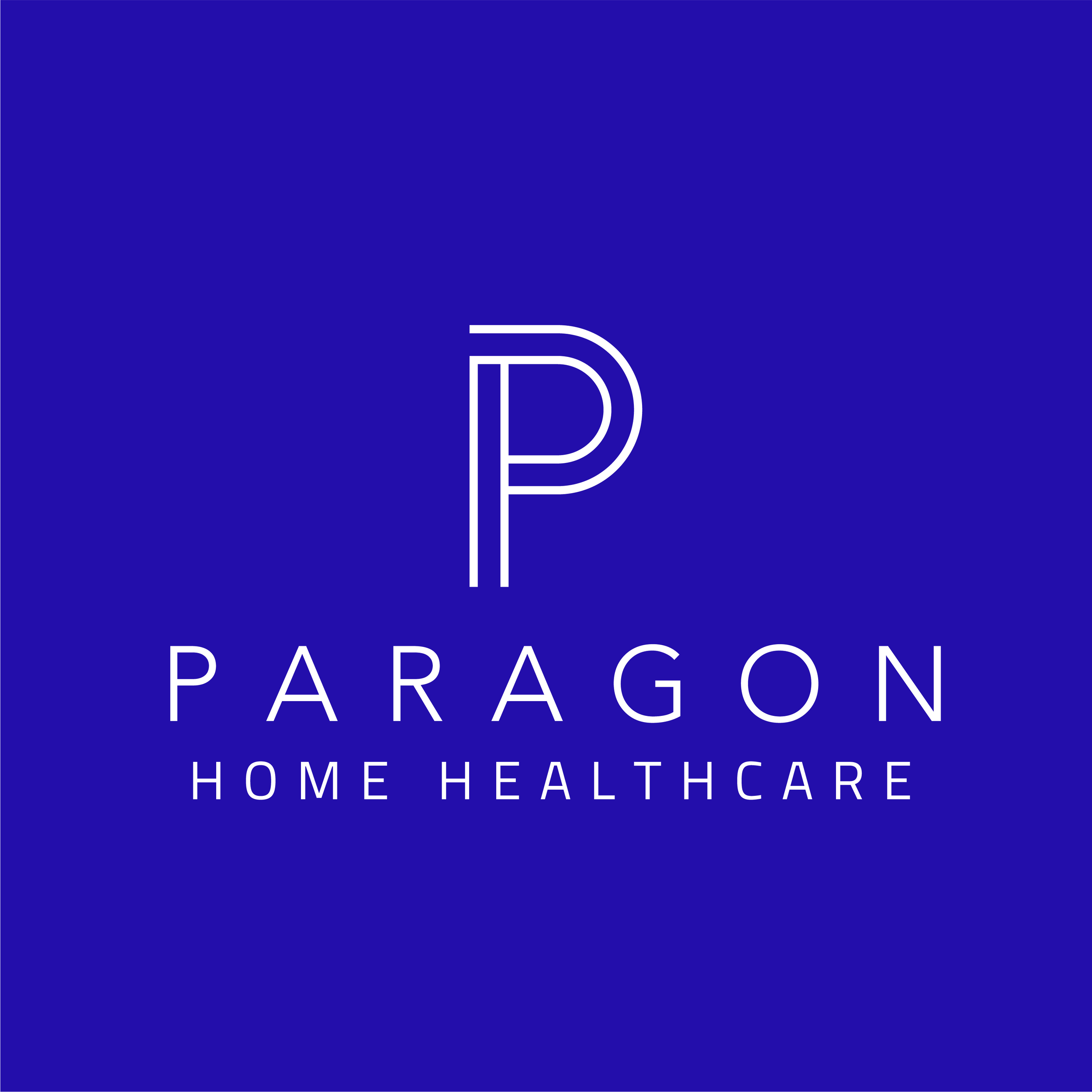The UK may move towards the Delay phase of Coronavirus plan however nothing has been announced yet.
Current Infection Control advice issued:
Wash hands for 20 seconds with soap and hot water or use a sanitiser gel
Use a tissue for coughs and sneezes
If you don't have a tissue use your sleeve
Avoid touching your eyes, nose or mouth with unwashed hands
Avoid close contact with people who are unwell
What are the symptoms?
Fever and tiredness
Cough
Breathing difficulties
Muscle pain
What should I do if I feel unwell?
Ring 111 if you are in the UK
Inform the office on 020 3006 2802 so we are aware and can make plans to help you and your client
Do NOT go to a GP surgery, Pharmacy or Hospital
Contain, Delay, Research, Mitigate
The overall phases of the plan to respond to COVID-19 are:
Contain: detect early cases, follow up close contacts, and prevent the disease taking hold in this country for as long as is reasonably possible
Delay: slow the spread in this country, if it does take hold, lowering the peak impact and pushing it away from the winter season
Research: better understand the virus and the actions that will lessen its effect on the UK population; innovate responses including diagnostics, drugs and vaccines; use the evidence to inform the development of the most effective models of care
Mitigate: provide the best care possible for people who become ill, support hospitals to maintain essential services and ensure ongoing support for people ill in the community to minimise the overall impact of the disease on society, public services and on the economy
Information about the virus
A coronavirus is a type of virus. As a group, coronaviruses are common across the world. Typical symptoms of coronavirus include fever and a cough that may progress to a severe pneumonia causing shortness of breath and breathing difficulties. Generally, coronavirus can cause more severe symptoms in people with weakened immune systems, older people, and those with long-term conditions like diabetes, cancer and chronic lung disease. Novel coronavirus (COVID-19) is a new strain of coronavirus first identified in Wuhan City, China. The NHS website has more information about how coronavirus is spread and answers common questions about the virus.
Advice for travellers
British people travelling and living overseas following the outbreak of novel coronavirus should check the Foreign and Commonwealth Office travel advice.







